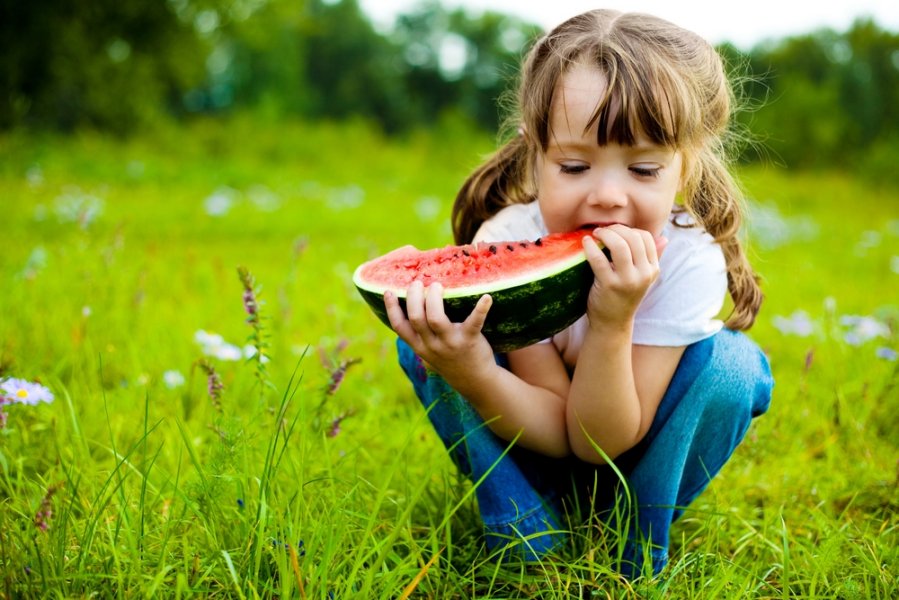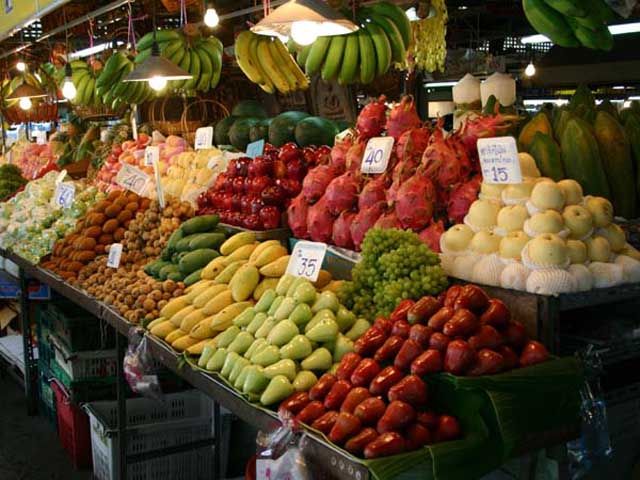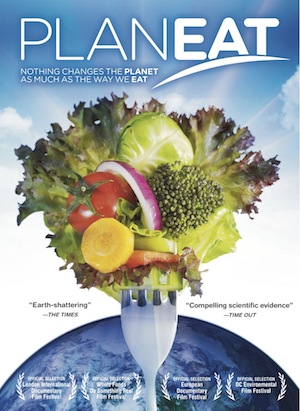Reading Time: 4 minutes
Carbohydrate foods – including fruits – generally have gotten a bad rap among dieting experts. Although some carbs such as refined grains and sugars have the potential to interfere with weight loss and contribute to a variety of health problems, it is important to realize that there is nothing wrong with carbohydrates as such. It is the refined carbohydrates that have very few nutrients in relation to their calories that have given carbohydrates a bad reputation.
The Benefits of the Fruit Diet
When you focus on fruit as your primary dietary source of carbohydrates this can actually support your goal to achieve an ideal weight, while providing a huge array of protective nutritional components. Studies show that moderately high consumption of fruit – at least five servings a day – reduces the mortality from all types of cancer combined. Research has also shown that fruit contains a variety of protective substances that prevent aging and brain deterioration.
Fruits are easy to digest and are rich in potassium, vitamin C, beta-carotene, and bioflavonoids, which act synergistically to improve tissue antioxidant levels, enhance cardiovascular health, and boost immunity. They contain substantial amounts of soluble fiber, which reduces cholesterol and triglyceride levels, as well as pectin, which enhances bowel flora balance and helps keep the colon moving effectively.
Does Fruit Have too Much Sugar?
Many cooked grains including rice and cooked starchy vegetables such as potatoes cause a much greater increase in blood sugar levels than most fruits, even if the fruit has a relatively high glycemic index. This is largely because when starches are cooked they are very easy to consume in large amounts.
Conversely, there is a restriction as to how much fruit you can eat in one sitting due to the limits of the capacity of your stomach to expand. Because fruit has high water content and it takes a long time to eat, when you consume fruit your blood sugar level will rise slowly. This gives your brain enough time to respond to the rise in glucose by reducing your appetite accordingly.
It has long been known that it takes about twenty minutes for the brain to register when enough food has been consumed to meet the direct needs of the body. Though we can easily consume a large amount of calories from cake or cookies in twenty minutes, it is not so simple to overload on watermelon. In fact, according to research by Loren Cordain, most people stop eating watermelon after three pounds – providing just 435 calories – simply because their stomach is so full they can’t eat any more!

Read more >>> The Watermelon Diet
Even fruits that are high in sugars generally have a low to medium glycemic index due to their high percentage of fructose, which has a buffering effect on blood sugar levels.
While some raw food experts recommend severely restricting or limiting fruit intake I see no reason for most people to do so, except perhaps in the beginning stages of transitioning to a plant-based diet for those with glucose metabolism issues. On the other hand, some people with diabetes and Candida actually do quite well on a diet high in fruit and generally completely adjust the high-fruit diet after a period of about 30 days.
Ensure You Consume the Best Quality Fruit Available
One very important characteristic of fruit is that it tastes delicious and increases your enjoyment of a raw food diet. As well as providing a wide range of health benefits and unique protective nutrients, eating a variety of fruits will make it easier for you to stick to a diet high in raw foods as a long term approach to a healthy lifestyle, simply because it is a fun and pleasurable way of eating.
It is essential to realize that the quality of the fruit will have a substantial effect on its nutritional value. Fruit that is shipped over large distances, stored for a long time and picked before ripe is completely different from organic, locally grown fruit that is harvested when perfectly ripe.
When I was a small child we had an assortment of fruit trees within our yard. I remember eating luscious white and yellow peaches, nectarines, gooseberries, and blackcurrants picked fresh off their bountiful branches. Often I would spend what felt like hours sitting high up in the cherry plum tree, viewing the world from a different perspective, while devouring the small juicy plums.
Here in Thailand the fruit is extremely powerful, harvested at its peak, and available in the markets within a day or two. It has been about a year since we’ve been in this part of the world and we have been amazed just how profound the difference is with the quality of fruit here compared to that in Europe and the States.

Ever since arriving in Thailand and enjoying the abundant variety of tropical fruit and young coconuts I’ve immediately felt an increase in well-being. Even after a very long journey and while not being perfect with my diet – I couldn’t resist indulging in just a little bit of Thai food – I feel so much better. While no doubt the perfect weather may have something to do with it I’ve become very aware of just how much better the fruit is in this part of the world.
Fruit Gives You Nutrition and Energy for Healing
Fruit eaten fresh, tree-ripened, and as close as possible to the source – is essentially still alive and transmits vital electric energy that enters your cells instantaneously. This energy is something that may easily be overlooked when we evaluate our food purely from a nutritional perspective but undoubtedly it plays a large role in our health on a subtle but very significant level.
That is why since adopting a high-fruit diet I’ve learned to let go of a lot of nutritional dogma and started looking at food from more of an energetic point of view. When it comes to the choice of what to eat when attempting to heal and recover from chronic illness, fruit really does seem to be nature’s perfect food.


